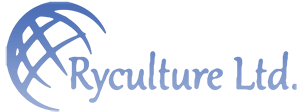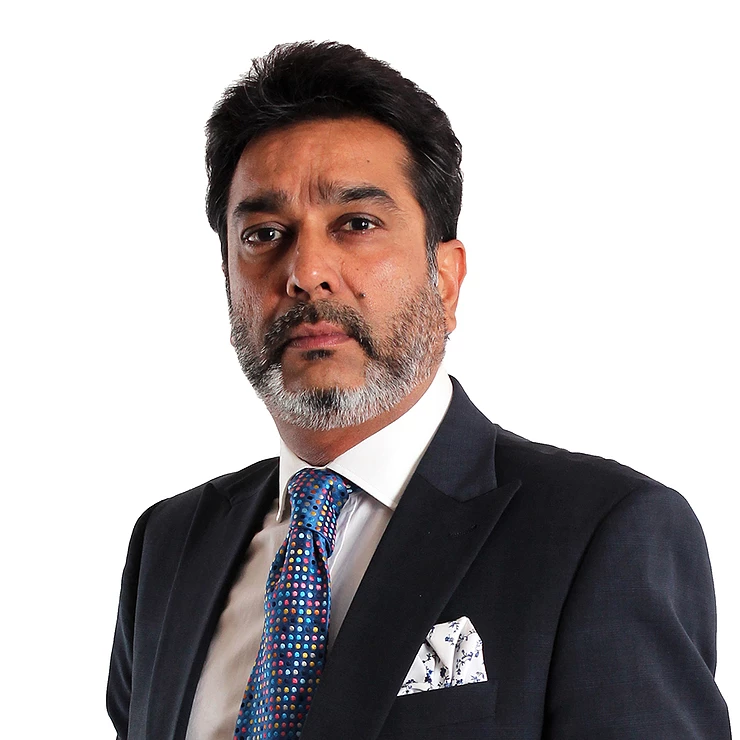On 14th March 2020, Planet Wizard Africa Media had an interview with Dr. Amit N. Thakker on the epidemic preparedness as a country and as a continent i.e. Africa. Dr. Amit N. Thakker is the Executive Director, Africa Health Business (AHB); Chairperson, Africa Healthcare Federation (AHF) and Chairperson, Kenya Healthcare Federation (KHF) among other titles he holds.
Dr. Thakker believes that as a country and continent our preparedness levels are far much better. This is as evidenced by the fewer confirmed cases, delayed transmission from first diagnosed case, among other advances that have been made. Join us on a journey to explore his take and the advances being made in the current space to respond to this global pandemic.
Q. From the first reported case in December 2019, do you think as a country we are prepared for coronavirus (COVID-19)?
A. I think as a country, Kenya has been fortunate that we’ve had the case coming at a time when there is more information and knowledge about COVID-19 from China, Europe and USA. We are more prepared than if this came about in December or January. We are more prepared because the public and private sectors are working together. We are more prepared because the development partners are at the forefront of response. What’s critical is to continue strengthening our preparedness in three areas which we are all focusing on right now i.e.
- Early detection: this includes screening from ports, managing effective laboratory tests and providing mechanisms of access to these tests on a regular basis. It also means quarantine, self-quarantine and isolation. It also means people with flu-like symptoms coming forward to get tested. This is a process we need to make easy for Kenyans. These will cover robust screening at points of entry, control of gatherings, training of security personnel among others.
- Containment strategy: Once we find a case or suspect a case, we must develop programs for isolations wards, providing services that are needed. Supplies have to be boosted for PPE’s and domestic items that are needed, consider innovative approaches e.g. telemedicine among others. These should be institutionalized in all the 47 counties to control the spread especially among the vulnerable people such as the old.
- Mitigation strategy: these should cover reduced movement of people which could mimic a lockdown situation coordinated to try to stop engagements, social distancing among others.
These are some initiatives we are driving at the moment. The government has instituted National Emergency Response Committee (NERC). As the private sector we are in the process of creating an action platform which will work hand in hand with the NERC so that the entire country gets the benefit of combined Public Private Partnership (PPPs) in managing the COVID-19 outbreak.
Q. How far is the private sector platform coming along as at the moment?
A. It’s in the process of creation. Kenya Healthcare Federation (KHF), Kenya Association of Manufacturers (KAM), Private Sector ICT Federation, Security and Kenya Private Sector Alliance (KEPSA) are some of the umbrella associations driving this action. The platform will see a coordinated hotline number for the private sector i.e. coordinated contact center, advisory services, services & products supply cleared from the platform for which some will be in-kind while others will be on sale. The COVID Action Platform will be an institutionalized model running as a private sector led platform.
Q. There is a panic on shortage of supplies. What measures are in place to mitigate these coupled with price inflations?
A. We are contacting all our players in the private sector who have these supplies and making sure we have adequate stocks for the future, maintaining prices so that there are no price hikes or unjustified increase in prices and services. We are looking at which raw materials we need so that we can order them when we can in good time, capacity of local manufacturing and increasing that. Forecasting ahead and preparing in advance to mitigate shortages is one of the things we will be doing through the platform.
Q. How does the Private Sector COVID Action Platform engage with the government through the NERC?
A. We are a co-opted member of the NERC and as such we will be working together to ensure we respond jointly and control the outbreak. The platform will be part and parcel of the National Emergency Response team.
Q. With the announcement of the first case in Kenya, there is apprehension and mistrust from the public on the government action and steps taken. How do we work around this and ensure there is streamlined information getting to the public?
A. This is something that is going to happen, it’s happening and it has happened in other countries. What we need is to have leadership come out and announce regularly to the public. I think we should have daily press conferences by the leadership. We should have the media and media channels informing the public of progress on a daily basis. This will mitigate panic and anxiety. Silence creates panic and anxiety. Letting people know what’s happening will be an invaluable way of calming tensions. There should also be a channel for people to communicate back. It will reduce the panic of frantic buying creating unnecessary artificial shortage. This should be managed and I believe through the platform we will integrate this as part of the communication strategy.
Mistrust in the government and media is an issue of corridor talks and rumor-mongering. The government is doing its best to respond and keep the public informed. The kind of pessimism witnessed should not be entertained as it doesn’t give room for progress. This should be quelled in all its forms. This is not the time for pessimism to grow, we have to act with agility to avert this outbreak.
Q. It is a terrible time with disease outbreak from Ebola, now COVID-19 and probably other outbreaks are in the offing. What can we do to be prepared for such outbreaks in case they happen?
A. This is not an issue of might. It’s definite that we’ll have outbreaks. We are at risk of losing more lives from microbes than bullets. We need to be prepared upfront. What we are thinking of is to institutionalize the National Emergency Response Committee (NERC) maybe as an Authority. This will help us to get prepared in case of any outbreaks whether floods, fires, coronavirus etc. that needs urgent action. Institutionalization will ensure we have all hands on deck at all times which improves our chances of mitigating such outbreaks at an early stage.
Africa has shown how united it is in response to COVID-19 outbreak.
Q. In line with response to COVID-19, what’s the African Case especially with coordination from Africa CDC and the African countries?
A. The response in Africa has been good so far. We have fewer cases than any other continents. The response, preparedness and coordination has been remarkable led by Africa CDC from Addis Ababa, Ethiopia. The communication strategy is great with daily updates, mobilized kits for testing which are provided and training of specialists to carry out investigations & coordination. They have empowered 42 countries to be able to test effectively and deal with COVID-19. They have convened high level meetings with ministers to empower these countries to have effective country strategies. We are happy and delighted with the response from Africa CDC for which Kenya has received a lot of support. What we need to see is translation of this level of preparedness in response across all countries especially with full knowledge of the disparity in needs and circumstances across the different African countries. Each country is trying its best.
Africa has shown how united it is and I must give appreciation to Africa CDC under the leadership of Dr. John N. Nkengasong. They have a live website which I urge everyone to go to for reliable updates on COVID-19.
Q. Africa CDC has responded the best way they can at this point. How do we strengthen their capacity and strengthen them to be able to perform even better in the future?
A. To strengthen the capacity to respond to such, there is need for funds. We recently launched the Africa Public Health Foundation (APHF) which is meant to raise $1Billion which will be used as grant fund. 80% will be used for grants while 20% will be used for investment to establish circular system of rebuilding the funding. The foundation will be operationalized in Quarter 3 & 4 of 2020 and will be full-blown in 2021. We wish we could make it fast but we are on track. We believe this will be a way to enable African countries get the funding they need to respond.
Other mechanisms include improving trust in Public-Private Partnerships (PPPs) for which Africa Health Business (AHB) is championing in the continent, building efficiency in use of resources, stemming out corruption and graft, strengthening human resources for health (HRH) and Innovations in healthcare service delivery i.e. digital health, telemedicine etc.
We are making advances, maybe not as fast but ultimately we are heading there.
*Africa Public Health Foundation (APHF) was officially launched in 2019 and is registered in Mauritius.
*Planet Wizard Africa Magazine is an affiliate media arm of Ryculture Health and Social Innovation led by Hezron Munyakin.
This interview was first published on Planet Wizard Website on 15th March 2020.

